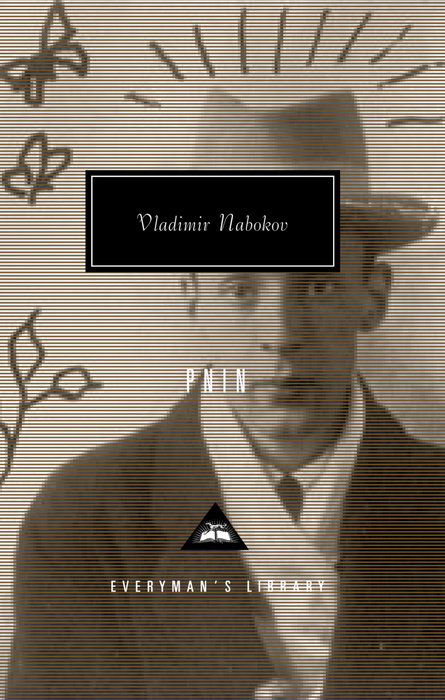
Ada, or Ardor: A Family Chronicle
Book Description
Two star-crossed lovers navigate a labyrinthine world of forbidden passion, complex family ties, and haunting memory. Set against the lush backdrop of a fantastical land, Ada and Van's relationship is a dance of desire, obsession, and rivalry, steeped in secrets that threaten to unravel them both. Vivid imagery captures their fleeting moments in a timeless struggle, weaving together the intricacies of love and longing as they confront the ghosts of their pasts. Will their bond conquer the chaos that surrounds them, or will it be consumed by the very forces that draw them together?
Quick Book Summary
"Ada, or Ardor: A Family Chronicle" by Vladimir Nabokov is a complex, lyrical novel chronicling the lifelong romance between Van Veen and his beloved Ada, who are later revealed to be siblings. Set in the fantastical, alternate world of Antiterra, the novel explores themes of forbidden passion, memory, time, and the intricate web of family history. Van's narrative—by turns passionate, erudite, and self-reflexive—unfolds as a recollection of their affair, often blurring reality and imagination. The lovers' story is shaped by secrets, rivalries, and the shadow of social taboos. Nabokov weaves a tapestry of rich detail, philosophical inquiry, and playful language, producing a meditation on longing, loss, and the boundaries of love. The novel stands as both a sweeping romance and a metafictional reflection on art, desire, and the passage of time.
Summary of Key Ideas
Table of Contents
Forbidden Love and Familial Bonds
Van Veen and Ada Veen’s relationship forms the novel’s burning center: their impassioned love stirs when they are teenagers staying at the idyllic Ardis Hall. Their romance, at first innocent, soon turns intensely physical and is complicated by the revelation that they are siblings, adding a profound sense of taboo and existential risk to their union. This secret permeates their lives and colors their interactions with other family members, especially Lucette, Ada’s half-sister, who herself becomes entangled in the web of desire and longing.
The Nature of Memory and Time
Memory is both the structure and subject of the novel as Van, the narrator, tries to reconstruct their shared past. The unreliable, nonlinear narration mimics human recollection, with distortions, omissions, and poetic embellishments. Van’s attempts to chronicle events reach for permanence, but time and memory undermine the possibility of objective truth. Their recurring returns to Ardis symbolize the search for lost Edenic innocence, the ache for time’s reversal, and the impossibility of recapturing youth.
Reality, Fantasy, and Self-Invention
Nabokov invents the alternate reality of Antiterra, a world both familiar and fantastical, to play with notions of reality and fiction. The boundaries between truth and imagination blur: science, history, and geography are subtly altered, highlighting the malleability of narrative and identity. Van and Ada’s self-invention, through their affair and the stories they tell about themselves, becomes central to their survival and sense of self within their labyrinthine social world.
Art, Language, and Self-Reflection
Language and art are celebrated throughout with Nabokov’s signature virtuosity. The novel brims with wordplay, literary allusion, and intricate symbols, becoming itself a meditation on the nature of art and storytelling. Van’s writing is both a memorial to Ada and a metafictional exploration of the act of narration. This self-awareness permeates the book, inviting readers to question not only the events described but also the possibility and purpose of literary creation.
Moral Ambiguity and Taboo
Underlying the lush prose and philosophical musings is an unsettling exploration of moral ambiguity. Van and Ada’s relationship, while depicted with intense lyricism and emotional depth, is fundamentally transgressive. The characters navigate guilt, secrecy, and the consequences of their desires, as well as the pain inflicted on others, especially Lucette. The novel refuses easy condemnation or vindication, instead probing the complexities of longing, love, and the profound loneliness that can arise from defying societal norms.
Download This Summary
Get a free PDF of this summary instantly — no email required.





